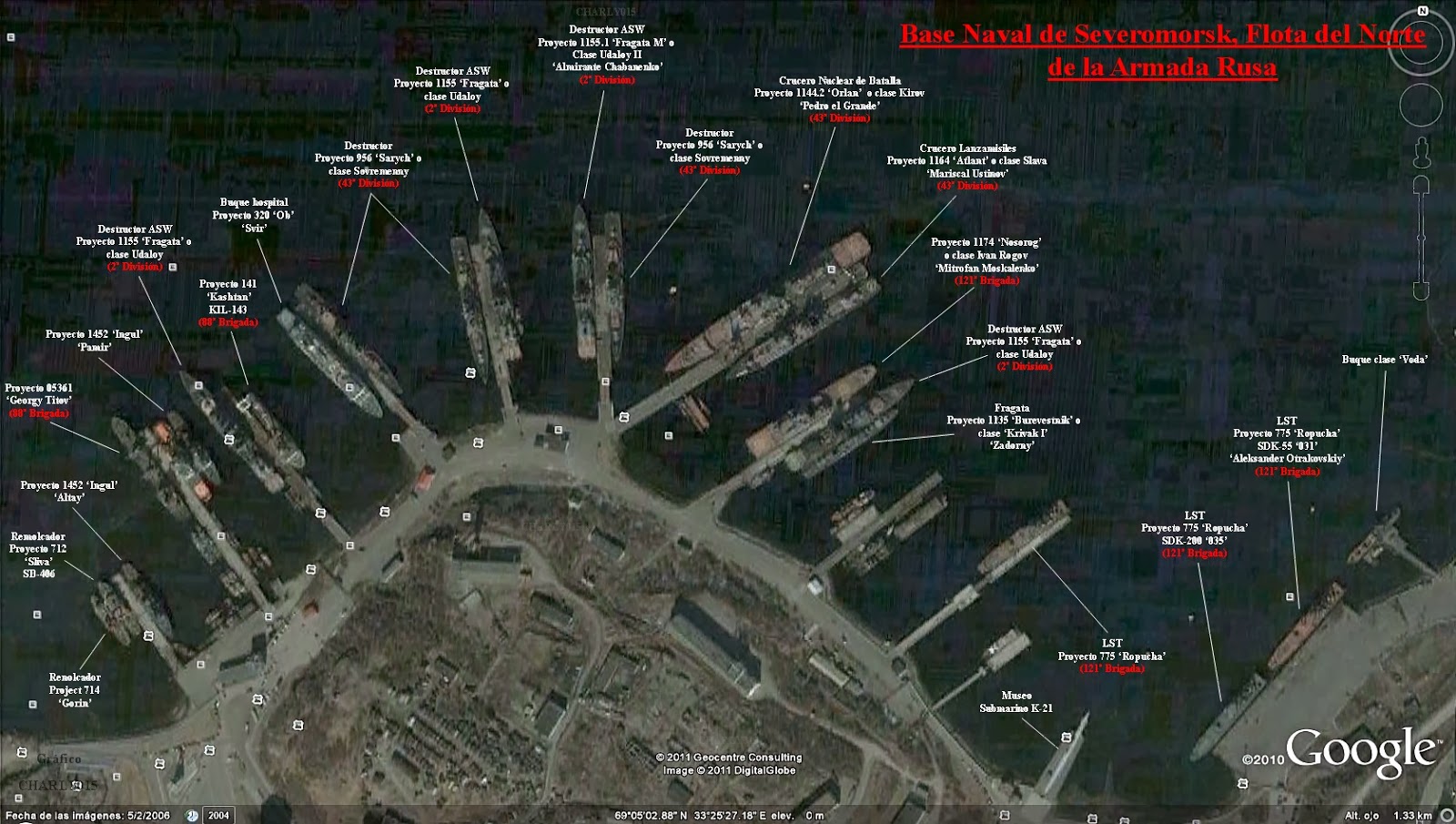Ivanov, the party of war?
Igor Sutyagin, a former arms control and nuclear weapons specialist who served 11 years in prison for espionage and was exchanged by Russia for a group of US spies,
says he believes that the firing of Ivanov could indicate Putin's anger at the Crimean border provocation.
In a talk show on Radio 4 this morning in London, Sutyagin said he thought
it was possible Ivanov could have orchestrated the Crimean incidents without Putin's knowledge.
"If this provocation was prepared by the head, the de facto head of the security services of the Russian Federation, Sergei Borisovich Ivanov, and the head of the Presidential Administration, if that was done by him, at the time when Putin tries to find some political rapprochement with the West to solve his problems, that is a very very substantial betrayal of the political line of President Putin. And he hates when anybody tries to force him to undertake any decisions. Putin is known for hating acting under pressure. If Ivanov tried to pressure Putin, to press Putin, into a certain direction, that is a very very substantial bureaucratic crime against Putin."
Sutyagin described Ivanov's appointment as environmental envoy, as "a very serious humiliation."
Last year, when Putin went missing for a few weeks and Ivanov seemed to gain the upper hand, there was
speculation that he was staging a coup against the president. As we wrote at the time:
One Russia analyst sums up what he thinks a variety of stories in the last few weeks amount to - a slow-motion coup in which some security officials in the Federal Security Service (FSB) and Federal Protective Service (FSO) with Kremlin chief of staff Sergei Ivanov, former KGB, team up against Putin, whose allies are Chechen strongman Ramzan Kadyrov and the Interior Ministry or police, which also commands thousands of internal troops.
Thus, Ivanov has been described as heading the "party of war" in the Kremlin trying to influence Putin on Ukraine. Today
The Telegraph noted:
He was widely seen by Kremlinologists as a leader of a hawkish, anti-Western camp of former intelligence officers who have come to dominate Kremlin policy making in recent years.
Mr Ivanov is believed to be one of a small clique, including Mr Putin, Nikolai Patrushev, the secretary of the security council, and Alexander Bortnikov, the director of the FSB, the modern-day successor to the KGB, who made the decision to annex Crimea in 2014.
If true, then Putin's firing of the reputed head of the "party of war" would mean his response to events in Russian-occupied Crimea could not be as belligerent as anticipated. Yet Russia has sent more troops to the region and Putin has vowed he will not let the alleged killing of an FSB agent and soldier to "pass by."




 . Tuli silloin heti mieleen, että sieltä lennätetään vain röyhkeästi komppaniallinen porukkaa ottamaan Pirkkalan lentokenttä haltuun.
. Tuli silloin heti mieleen, että sieltä lennätetään vain röyhkeästi komppaniallinen porukkaa ottamaan Pirkkalan lentokenttä haltuun.